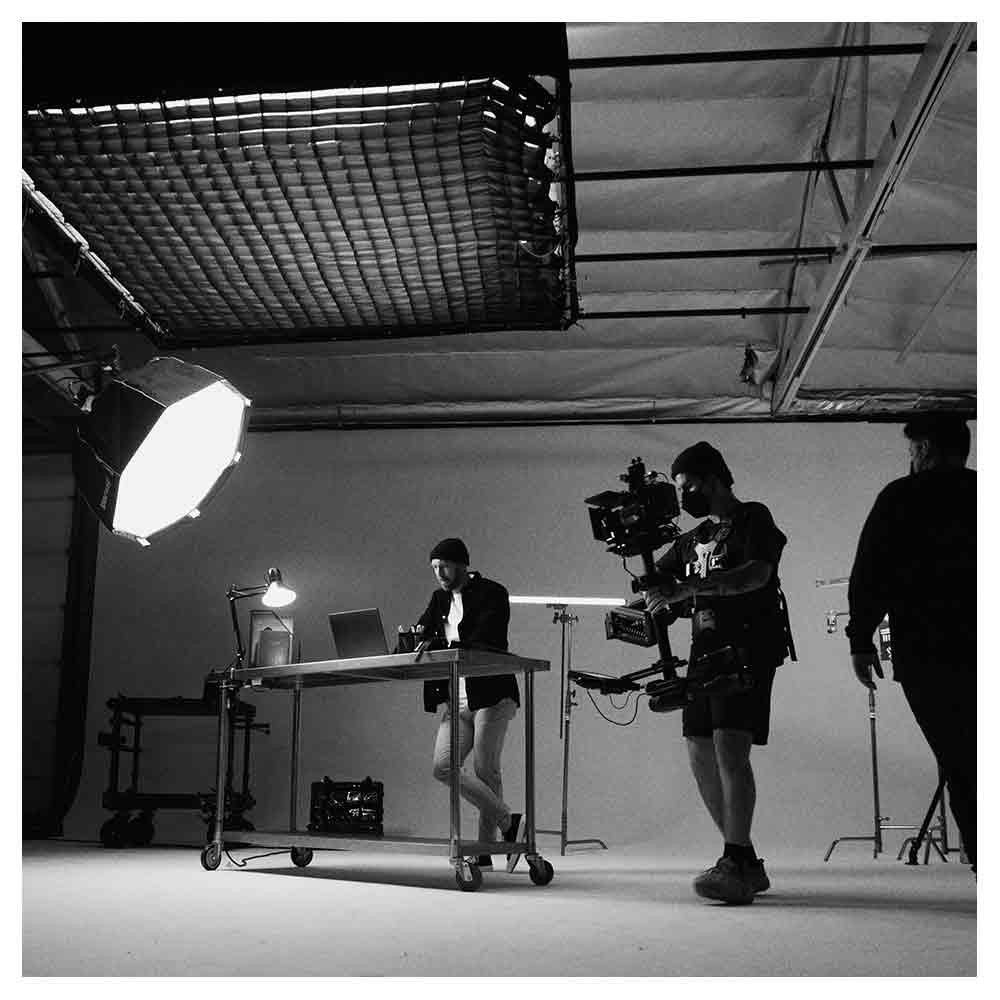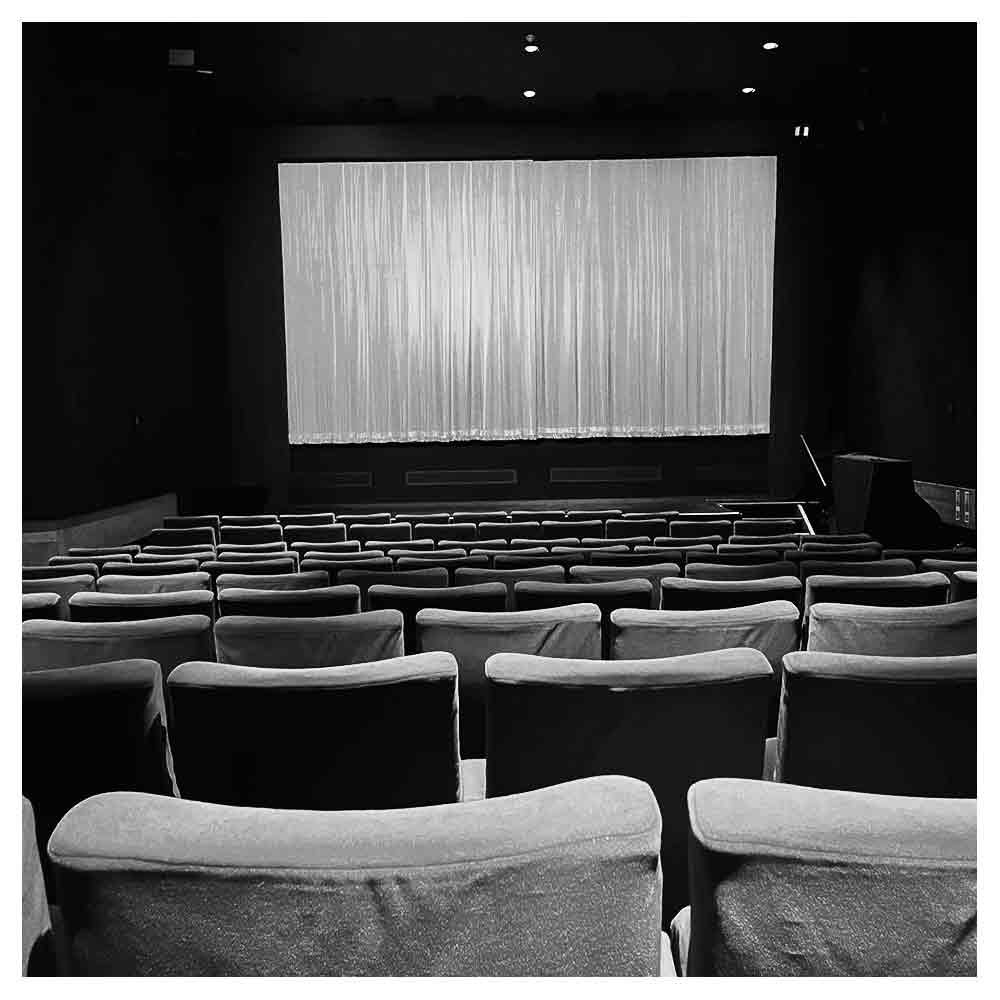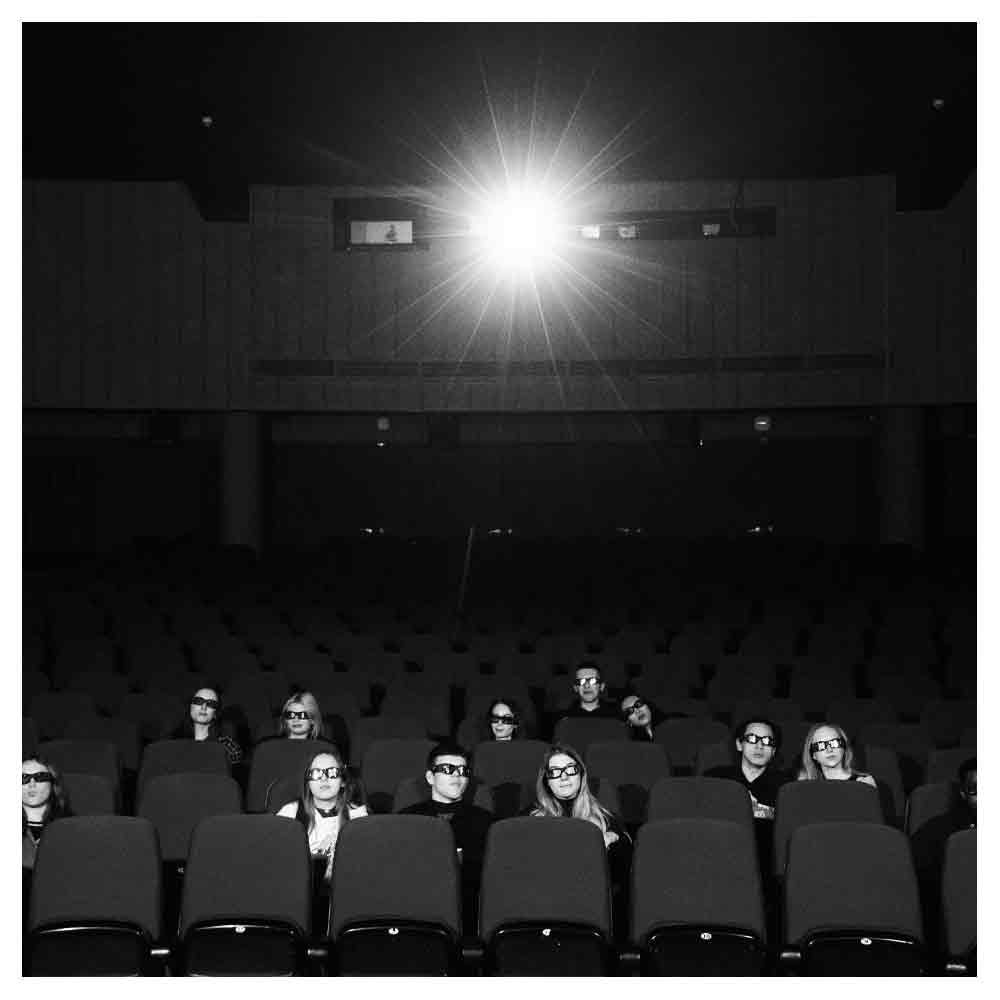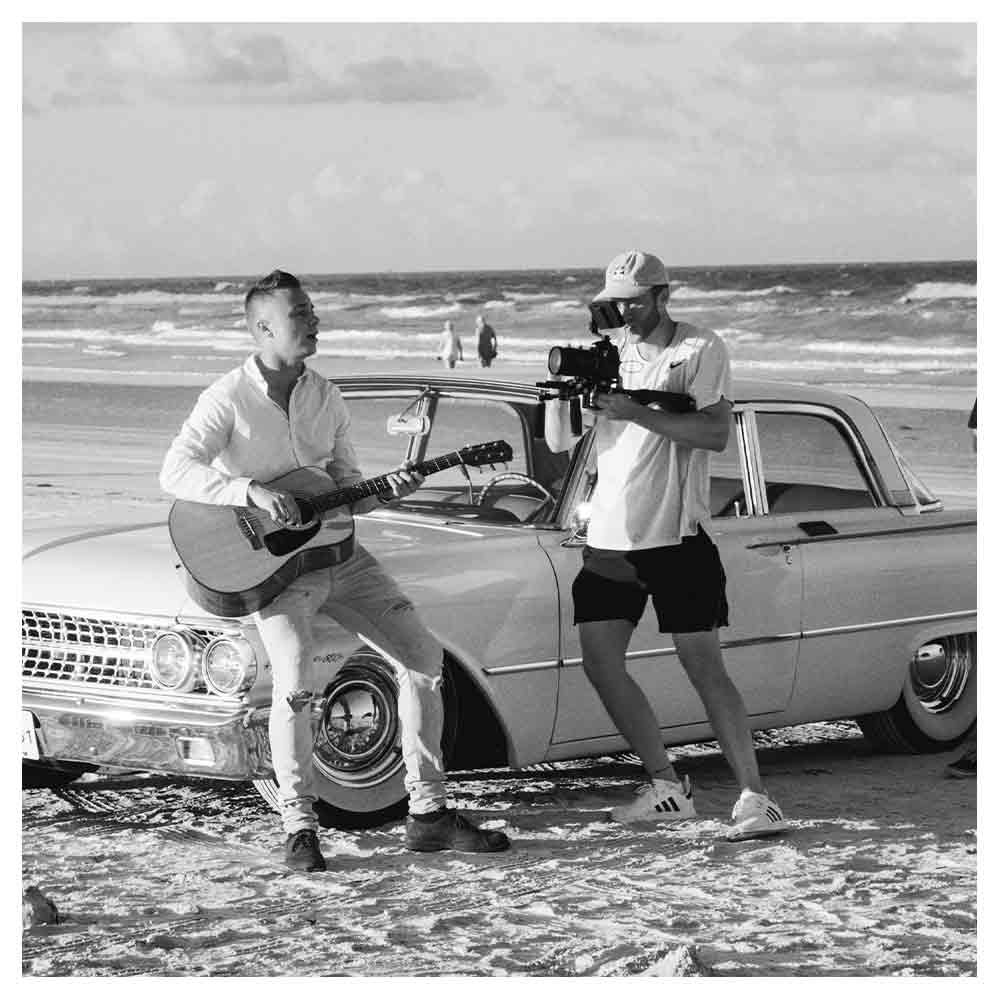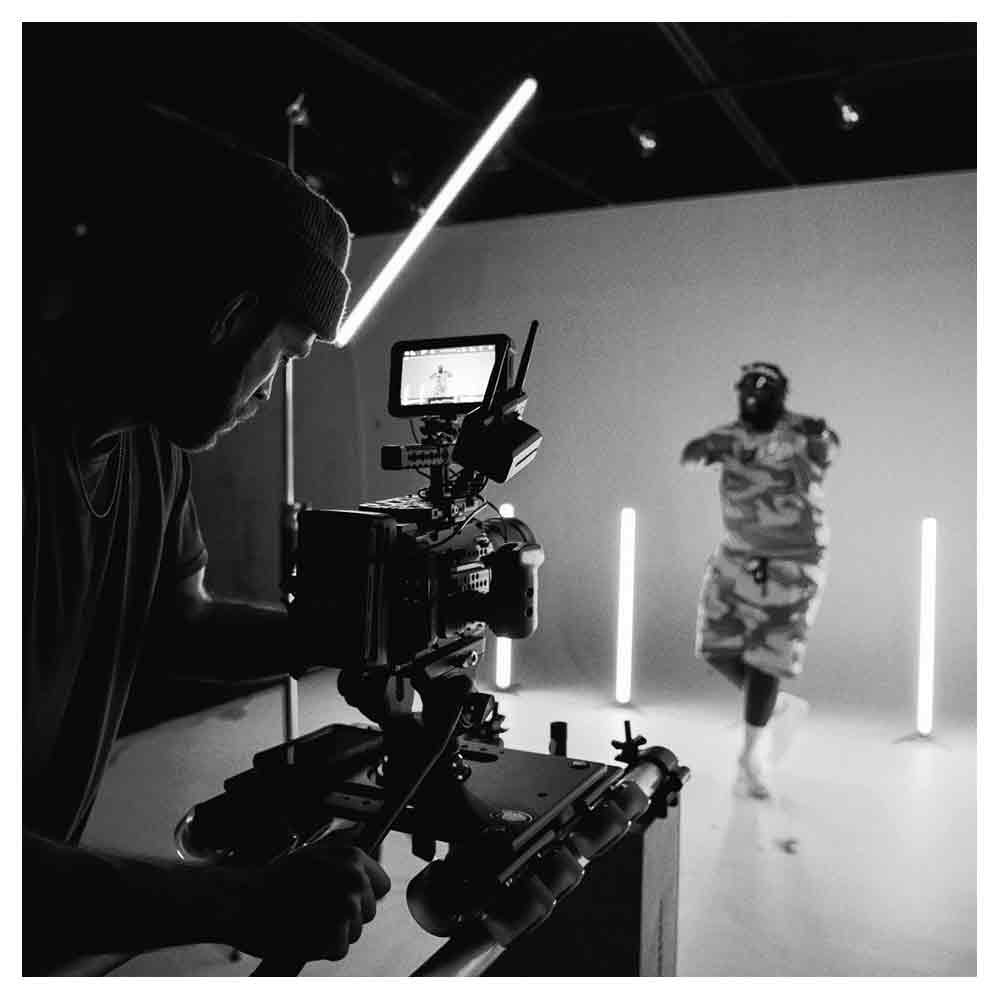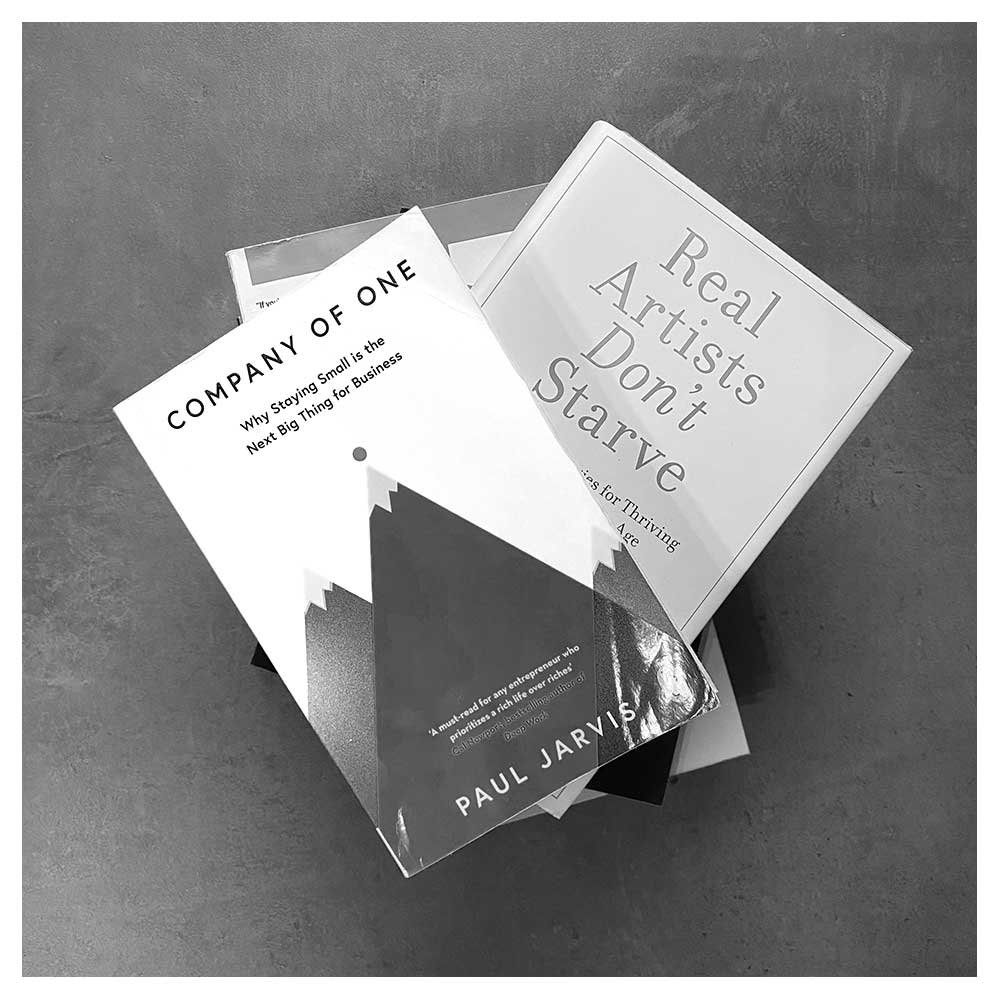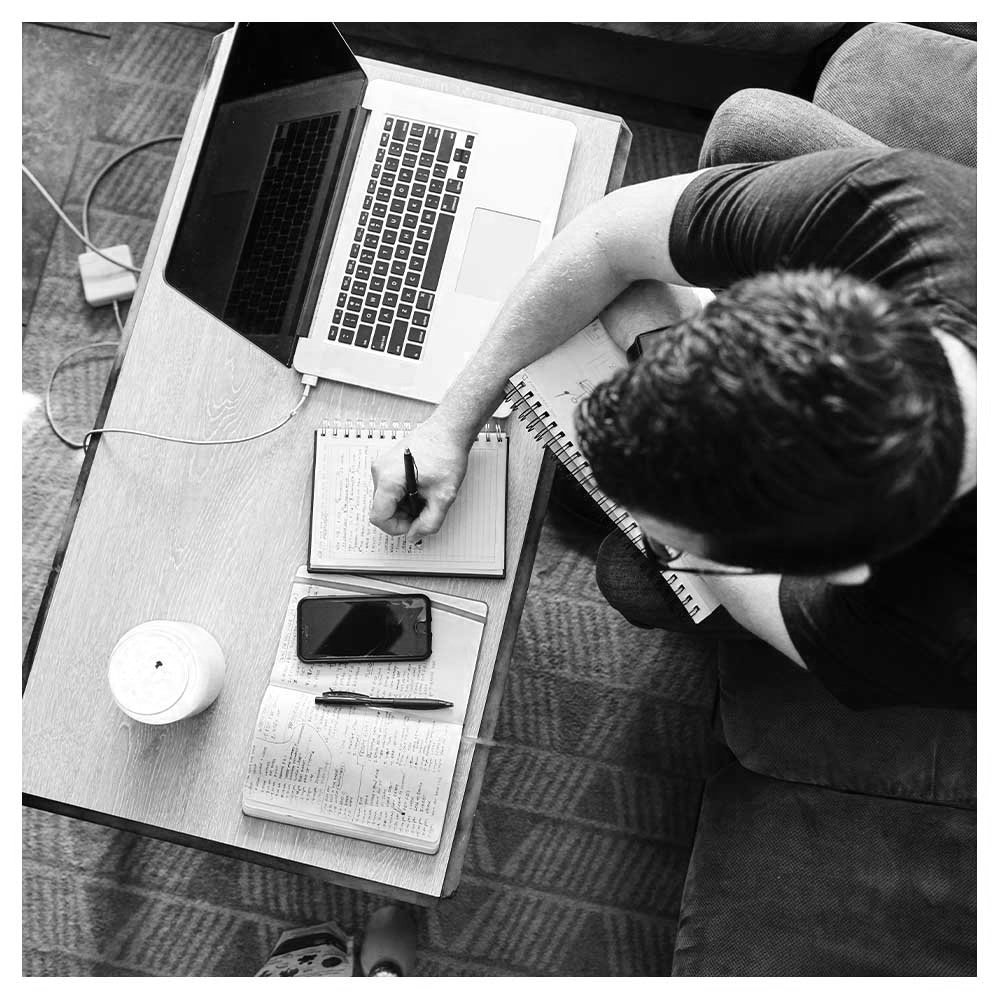Should You Work For Free As A Filmmaker?
In the creative industry, being asked to work for free is not uncommon. Especially at the beginning of my career, I was tempted by cheesy lines like: "If you do this project right, we will hire you again in the future!" or my personal favorite: "There is not much budget, but a huge audience will see this project, so you'll get a lot of exposure!"
Deciding whether or not to do a free or low-paid job can be a tough decision to make. On the one hand, you want to create a nice portfolio, build a name for yourself, and climb the career ladder. While on the other, you need to pay the bills and avoid living like a starving artist.
Because I know every filmmaker encounters these work-for-free requests, I thought sharing my perspective on this controversial topic could be interesting.
I hope these thoughts and ideas will contain a nugget of knowledge gold for you that will help you make an informed decision about whether or not working for free is the right thing for you to do.
Table of contents:
The Business Of The Filmmaking Business
First, I want to acknowledge that unless you’re creating films as a hobby and don’t aspire to create visual content as a source of income, it’s perfectly fine to work for free.
But if you want to make a living making films, commercials, music videos, or whatever content, we have to take a little detour and approach filmmaking from a business perspective instead of an artistic perspective.
A business perspective is essential for the topic of this article because once you understand how the business side fundamentally works and how clients decide to do business with you, it will be easier to answer the controversial question: “Should you work for free as a filmmaker?”
Filmmaking is all about problem-solving
For a long time, I approached filmmaking solely from an artistic perspective. I forgot that as a freelancer, you’re also a business owner, and as a business owner, you’re responsible for marketing and selling your creative services.
Once I started looking at the world through a business lens, I discovered that every successful business exists because it helps solve someone's problem by selling a product or service.
Filmmaking businesses included!
Problems, products & Services
Let me explain this problem-solving concept via a simple example…
Are you hungry (problem)? A grocery store can sell you the ingredients (products) to cook a meal. Don't have the time to prepare the food (problem)? You can buy a prepared meal (product) in a restaurant.
Don't have time to go to a restaurant (problem)? A food delivery company (service) can bring the prepared meal to you.
For filmmakers, problem-solving means someone wants to make a beautiful film but doesn't have the time, tools, skills, or network to pull it off. That's why they come to us, the filmmaking experts, to help them solve their problems.
If they had the time, tools, skills, or network to do it themselves, they wouldn't have had a problem and would not be reaching out to us for help.
the client’s perspective
But before clients say: “Take my money and solve my problem, a.k.a. make a beautiful film,” their minds are filled with questions.
A client might think: “I’m taking a risk by hiring you as the filmmaker for this project. How can I trust you with my budget? What happens if you don’t deliver what you promise? I don’t have any reason to believe that you can deliver what you say because you have no proof showing me that you can deliver.”
To understand how this relates to working for free, let’s dive a little deeper into the business side of filmmaking from the client’s perspective…
The Psychology of Buying
I long believed the myth that if I did great work and shared my occasional new work on social media, people would magically find me and hire me to work for them. Unfortunately, that approach didn't get me the results I was hoping for.
Because I sucked big time at marketing and sales, I started doing hundreds of hours of online research and analyzing how marketing and sales are done in different industries.
I wanted to understand the psychology of a buying decision and how you can use that knowledge in your favor.
After reading many books and watching tons of YouTube videos, I concluded that every buying decision essentially boils down to risk aversion.
People buy based on Trust, Belief & Proof
At the end of the day, nobody wants to lose their hard-earned cash or, even worse, lose their job because they made the wrong decision.
So, to land a YES and make the sale, a.k.a. solve someone’s problem, three risk-aversion boxes must be ticked in your prospect’s mind:
Trust - Are you an expert they can trust to solve their problem?
Belief - Do they believe you can deliver them the outcome they are looking for?
Proof - Do you have proof that you have solved this specific problem before?
In simple terms, it comes down to this…
Do you believe the architect of your one million-plus dollar dream home is an expert at designing this type of modern white villa with concrete, wood, and aluminum materials?
Do you believe this architect will deliver you the final product you want and make you aware of all the construction, environmental, and legislation boobytraps along the way so you won’t lose your money and go bankrupt?
Does the architect have a body of work to show that he or she has done this before and thereby instills trust and belief?
In filmmaking terms, it comes down to this…
A client wants to know if you are an expert with a particular vision and skillset to make very specific content.
They need to believe that you can deliver them the outcome they want so they won't lose their money or, even worse, their job.
To ensure you can be trusted and will deliver results, you need to show them proof, a.k.a. a portfolio of case studies and testimonials of similar content to theirs.
Should you work for free as a filmmaker?
With this information in the back of your mind, let’s go back to the topic of this article: Should you work for free as a filmmaker?
Working for free at the beginning of your career
At the beginning of your career, it can be hard to instill trust, belief, and proof because you have yet to gain experience and a portfolio.
Without proof that you have done something before, how can you instill belief and trust that the other person won't lose their money or risk losing their job?
When you look at it from the client's perspective, working for free suddenly makes sense when you have no proof. Working for free becomes a way to build a portfolio, gain experience, gain confidence, and build trust, thereby removing the fear in the client's mind of getting screwed over.
If you want to succeed as a work-for-hire, I believe working for free is OK to create proof to legitimize your services until you don't have to anymore.
Working for free in an advanced stage of your career
But I know that working for free doesn’t only occur at the beginning of people’s careers. I have worked on many projects for free or at a reduced rate, even in the later stages of life.
I think I did so because I made a fundamental mistake in positioning myself as a problem-solver…
The specialist versus the generalist
In the first ten years of my career, I focussed solely on making aftermovie content for DJs in one music genre. In business terms, I solved one specific problem for one specific client at one specific time (while traveling the world) and became very good at it.
As a result of this specialization, I became a go-to expert in a specific niche market. Clients would contact me on a steady basis, I could solve their problems quicker and quicker.
And because there weren’t many other problem solvers with my skills, I could charge a premium fee for my services. I even had the luxury of picking the jobs and clients I wanted to work with!
Becoming a generalist
After ten years of working in the music industry, having filmed at every major festival in the world, and directing two feature-length documentaries about the number one DJ, I wanted to do something else because I felt creatively exhausted by it.
I switched to wanting to direct fiction-driven content like commercials, music videos, and short films. And that’s where things went wrong.
My portfolio no longer showed that I specialized in solving one particular problem for one specific client at one specific time.
I didn’t specialize because I wanted to create a diverse portfolio to be able to do all kinds of directing jobs in the future. I became addicted to solving new creative problems, and due to that decision, I more or less became a jack of all trades.
For every new project, I had no proof of solving the exact problem a client was looking for. Where I initially had the luxury of standing out in a small market, it suddenly became tough to be seen and stand out in a world of filmmakers that was so cluttered, crowded, and general.
As a result, clients didn’t believe I could get them the results they were looking for, I had to pitch all the time because clients found it difficult to trust me with their budgets, and numerous free and low-paid jobs followed.
Become a specialist
Suppose you want to avoid making the same mistake I made and instead specialize in solving one particular problem for one specific client and becoming very good at it.
In that case, you can work much faster, won’t have to compete with dozens of others, and because clients don’t have much choice when it comes to finding the right problem solver, they will be willing to pay a premium price for your service without asking you to work for free.
Final Thoughts On Working For Free
I believe working for free is part of experimenting and discovering the kind of problem you want to solve as a profession, just like any other job where people have to do an internship at the beginning of their career.
Learn versus earn
Just make sure that when you work for free, you get a good return on your time investment by learning something new.
For example, can you experiment with a new tool you've always wanted to try but was too expensive to rent? Is there a new editing technique you can use for this project? Or is this project a way to build relationships with someone you have always dreamed about collaborating with?
With this mindset, working on a (passion) project pro bono is not a business transaction anymore but a marketing expense to display your skillset and potentially further your career.
Become a specialized problem solver
If you want to break free from working for free, focus on becoming a specialist at solving one particular problem for one specific client at one specific moment on their journey.
Gather proof, a.k.a. a body of work, at the beginning of your career to gain experience and slowly build confidence that you will get clients the results they are looking for.
The more problem-solving specialist you can become, the more valuable you'll be to someone, and the more you can charge to solve that problem.
Don’t get me wrong, you can make a fine living being a generalist doing all kinds of jobs for different kinds of clients. But if you don't specialize and constantly want to solve different creative challenges, you will, like me, have to face the emotionally draining consequences of that choice and compete with many other generalists.
Your ability to provide a creative service is dictated by your ability to position yourself as the answer to a problem. The decision to plant your flag will help you find focus, and then you'll never have to work for free again.
Only if you really want to…

